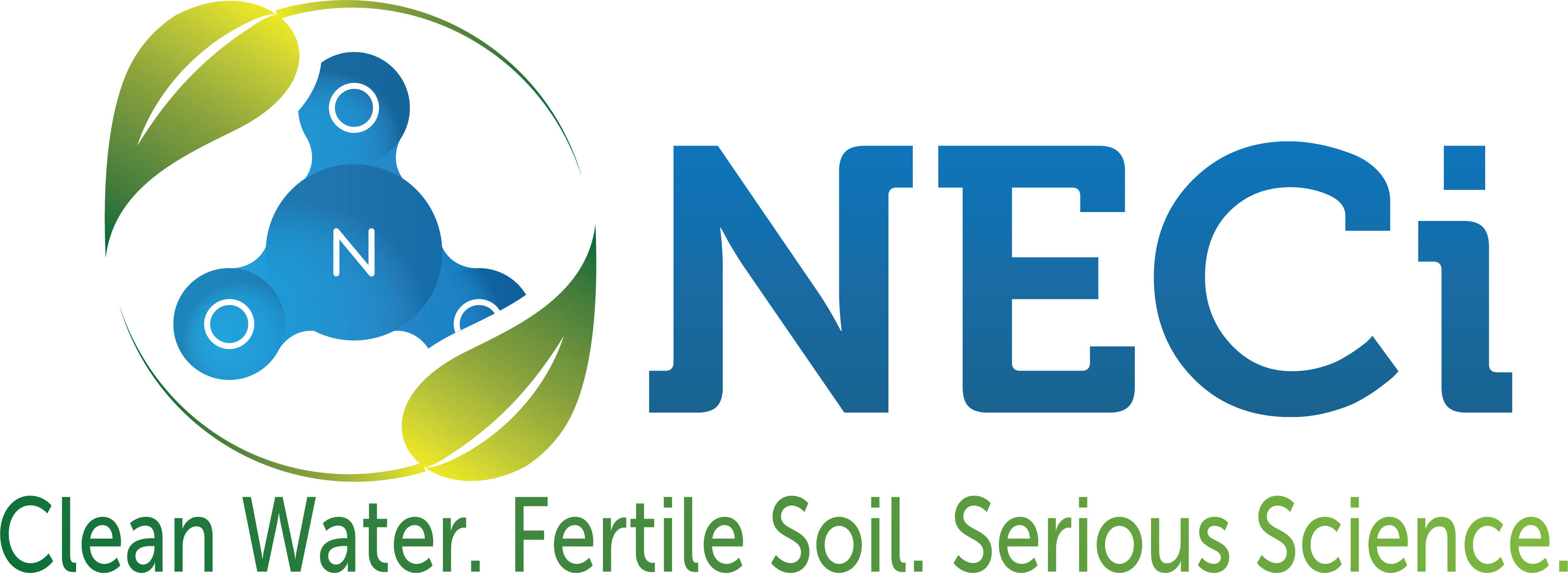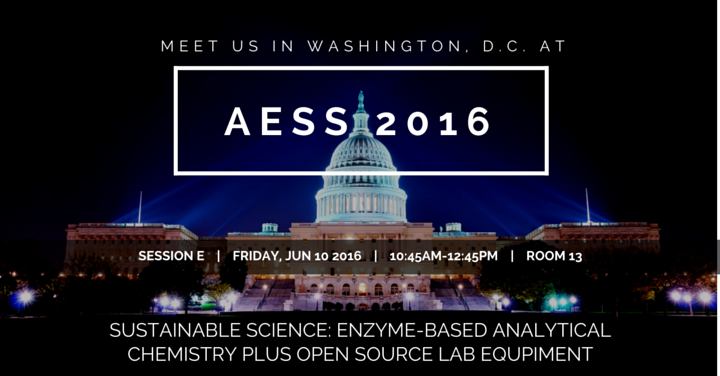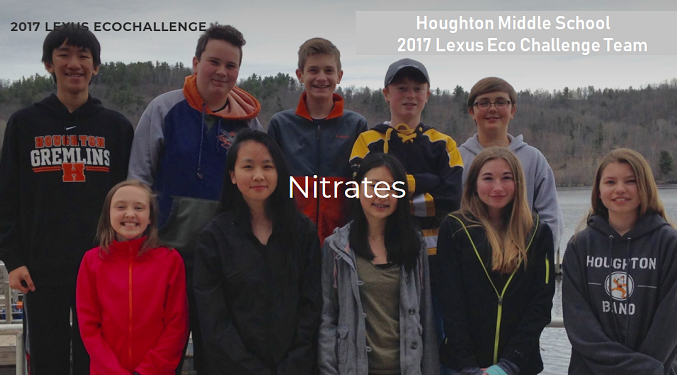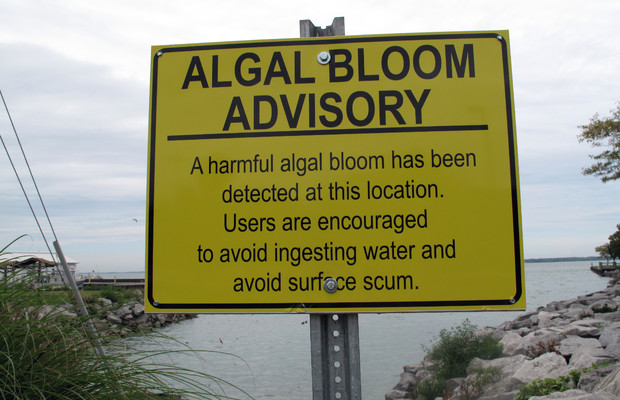Meet Ellen R. Campbell, NECi Superior Enzymes CEO at the AESS (Association for Environmental Studies and Sciences) 2016 Conference: Science, Empathy, Collaboration, and Sustainability. Ellen's presentation, Sustainable Science: Enzyme-Based Analytical Chemistry and Open Source Lab Equipment, will explain the use of enzymes in analytical chemistry, and the development of an open-source photometer for citizen science.
Details:
- Friday, June 10th, 2016
- American University, Washington, DC
- Session E: 10:45am-12:45pm in Room 13
Register for AESS Annual Conference 2016
About the Presentation Topic:
NECi Superior Enzymes brings the tools and methods of biotechnology into the established world of analytical chemistry. We develop new products that replace hazardous chemicals with recombinant proteins in the conventional "wet chemistry" methods used today. Persistence over 15 years is resulting in certification of the enzyme nitrate reductase as a replacement for cadmium in methods for nitrate determination. Validation for nitrate monitoring under the Clean Water and Safe Drinking Water Acts is near completion; publication of the new methods in the Code of Federal Regulations is slated for mid-2016. Reagents for phosphate will be introduced early 2016. NECi partnered with Dr. Joshua Pearce's MOST group (Michigan Tech in Open Sustainability Technology Lab, based at Michigan Technological University) to develop both Open Source and commercial versions of portable photometer devices for nitrate and phosphate detection. The project, funded by the Small Business Innovation Research program of the National Science Foundation, created a handheld UV/Vis photometer based on a standard cuvette holder. The photometer interfaces with smartphones and computers for operation and data processing. The NECi photometer puts accurate and safe measurement of these critical analytes into the hands of non-skilled users in the field.
The project satisfies two goals:
1. NECi needed a device to accurately measure results of its on-site enzyme-based test kits for digital results provided to users.
2. Alleviation of the constraining economic environment for scientific research. (This is the driver for the open source paradigm embraced by both STTR partners and championed by Dr. Pearce.)
Open source laboratory equipment paired with sensitive and accurate protein-based analytical chemistry make science more accessible and sustainable.




